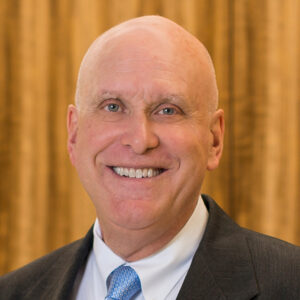Court Explores the “Expectation of Confidentiality” Element of the Attorney-Client Privilege
September 15, 2004
overheardIn Ashkinazi v. Sapir, No. 02 CV 0002 (RCC), 2004 U.S. Dist. LEXIS 14523, at *4 (S.D.N.Y. July 27, 2004), a plaintiff argued that otherwise privileged conversations between a corporate executive and the corporate lawyer failed the “expectation of confidentiality” element “because the conversations took place over speakerphone and [the participants] were aware that other employees might overhear them.” The court rejected the argument, noting that the participants “were in their respective offices” and one had his door closed. Id. Most importantly, “there is no evidence that the conversations were actually overhead by anyone else.” Id.
Although lawyers must be vigilant about communicating with their clients where they might be overheard, the lawyers might be saved by the adversary’s inability to prove that anyone actually overheard them.
The McGuireWoods website provides information of general interest to the public. The website does not offer legal advice about specific situations or problems. You should consult a McGuireWoods lawyer if you have legal issues requiring attention. Nothing on this site creates an express or implied contract. McGuireWoods does not intend to create an attorney-client relationship by inviting you to contact us. Unless and until we and you agree that we will represent you, we will not have any duties to you, including any duty to keep what you send us confidential or any duty to protect your interests. This means that nothing you send us will be kept confidential, unless we mutually agree that we will keep it confidential. Past legal successes described on this website are not indicators of future results. The outcome of particular legal matters is dependent upon the facts and law applicable to the matters. Contents © 2025 McGuireWoods LLP.
